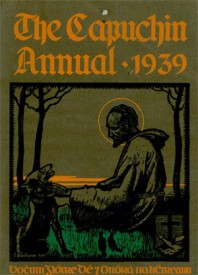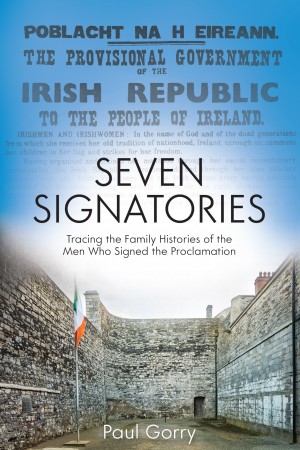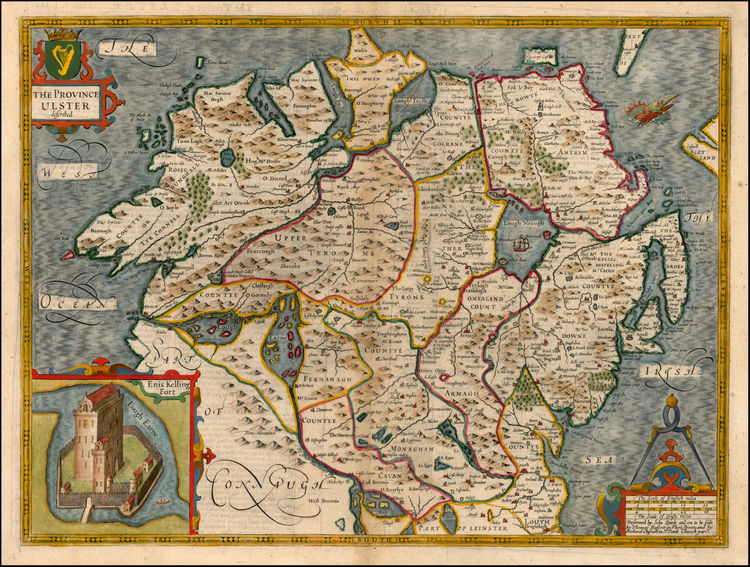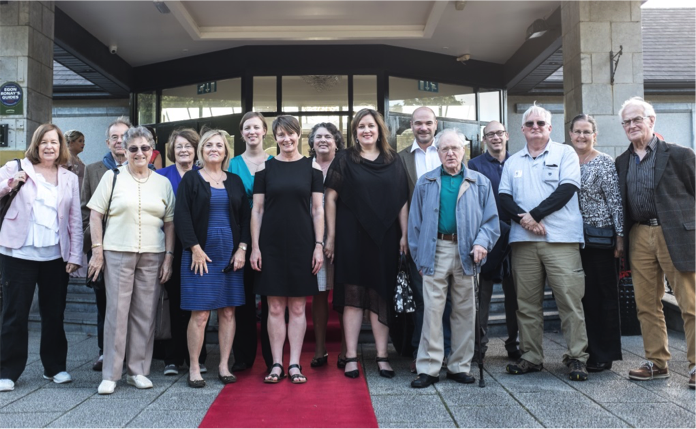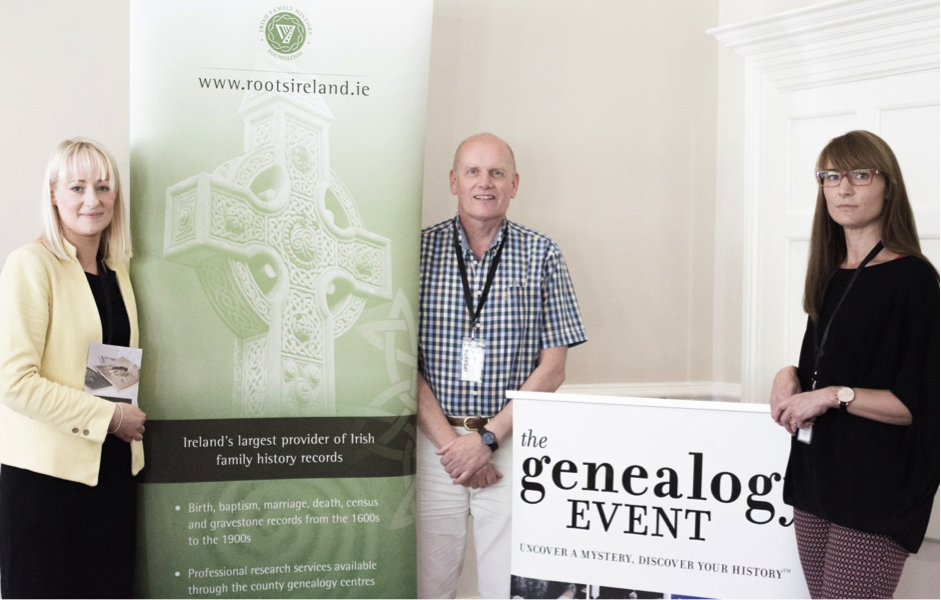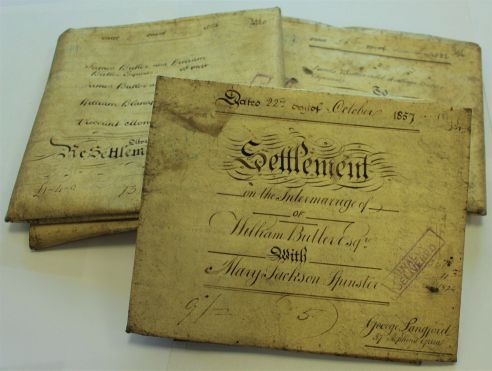Happy St. Patrick’s Day from RootsIreland
One third off a 12 Month Subscription for a limited time in March.*
Get a 12 months subscription with one third off from 6 March to 27 March 2017 inclusive.*
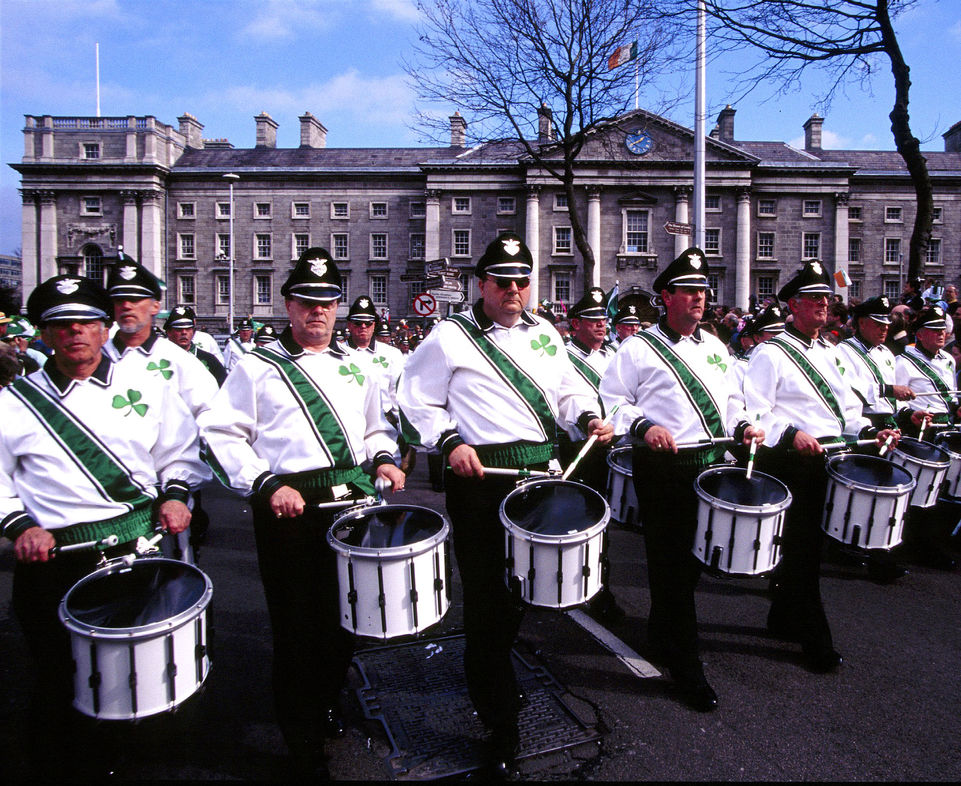
To obtain this offer just go to the following link and login using your existing RootsIreland login details: http://www.rootsireland.ie. If you currently have a subscription, click My Account, My Subscription and Start a New Subscription.
If you have any questions please check our Help section and if this does not provide an answer, then you may contact us or one of the county centres. You can check what is available on our site for each county here.
*Offer applies from 12 midnight Irish time on 6 March to 12 midnight Irish time on 27 March 2017 only. Cannot be used in conjunction with any other offer.
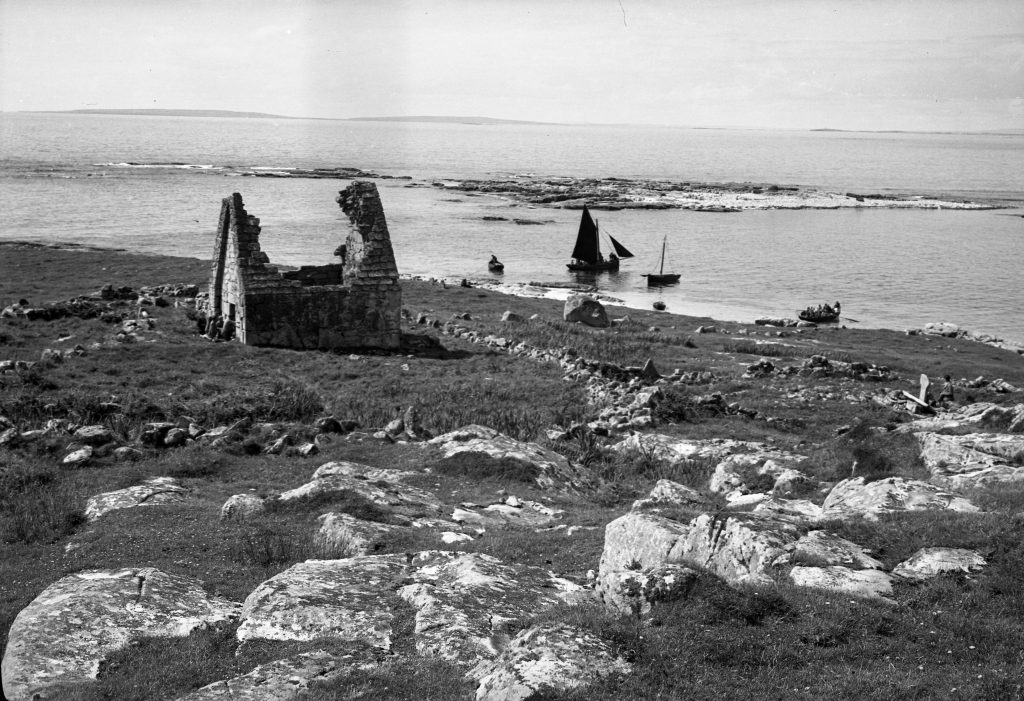
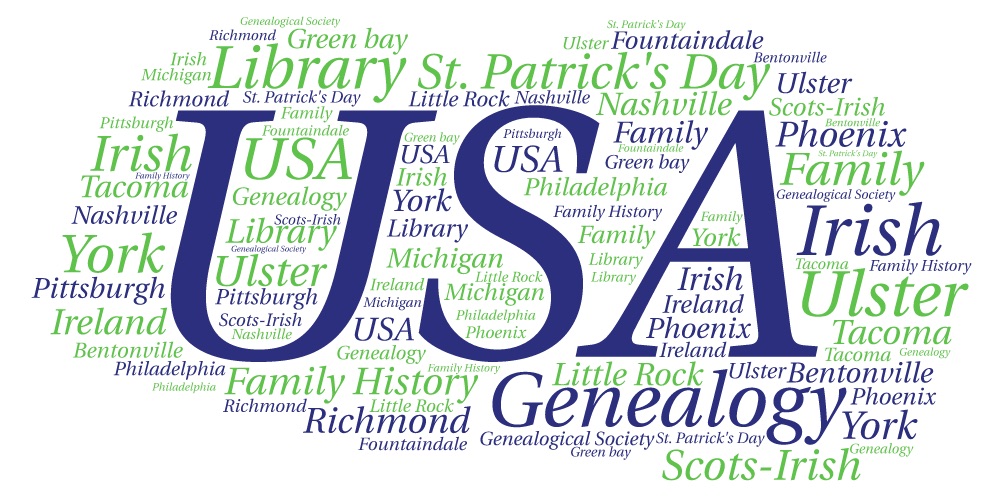
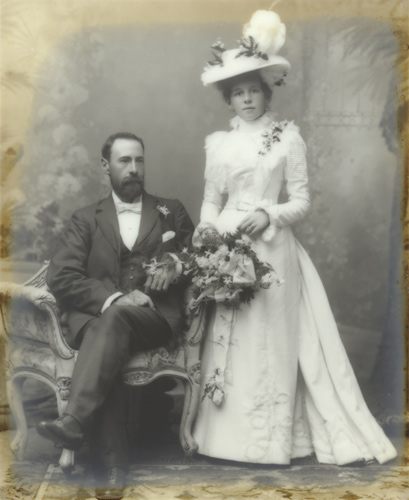 Marriage Licence Bonds were an alternative to marriage banns, although both were designed to prevent clandestine marriages. Banns were read in both the bride’s and groom’s parish on three consecutive Sundays to allow anyone knowing a reason that the marriage should not go ahead to come forward. Marriage licence bonds worked slightly differently. They allowed a couple to go to court and pay a sum to sign a witnessed declaration that the marriage was free to go ahead. Before 1858 marriage licence bonds were exclusively handled by the ecclesiastical courts of the Church of Ireland.
Marriage Licence Bonds were an alternative to marriage banns, although both were designed to prevent clandestine marriages. Banns were read in both the bride’s and groom’s parish on three consecutive Sundays to allow anyone knowing a reason that the marriage should not go ahead to come forward. Marriage licence bonds worked slightly differently. They allowed a couple to go to court and pay a sum to sign a witnessed declaration that the marriage was free to go ahead. Before 1858 marriage licence bonds were exclusively handled by the ecclesiastical courts of the Church of Ireland.